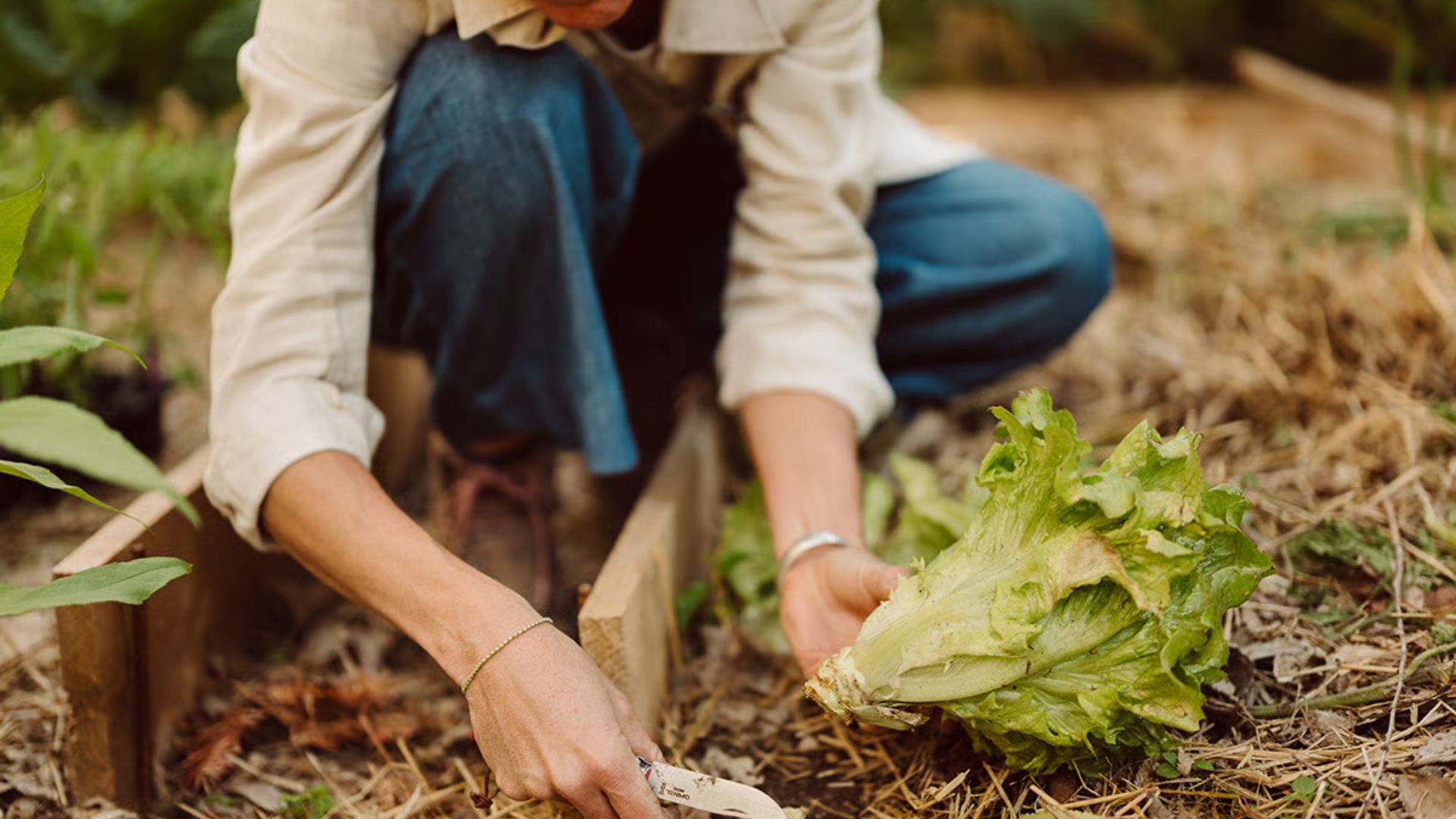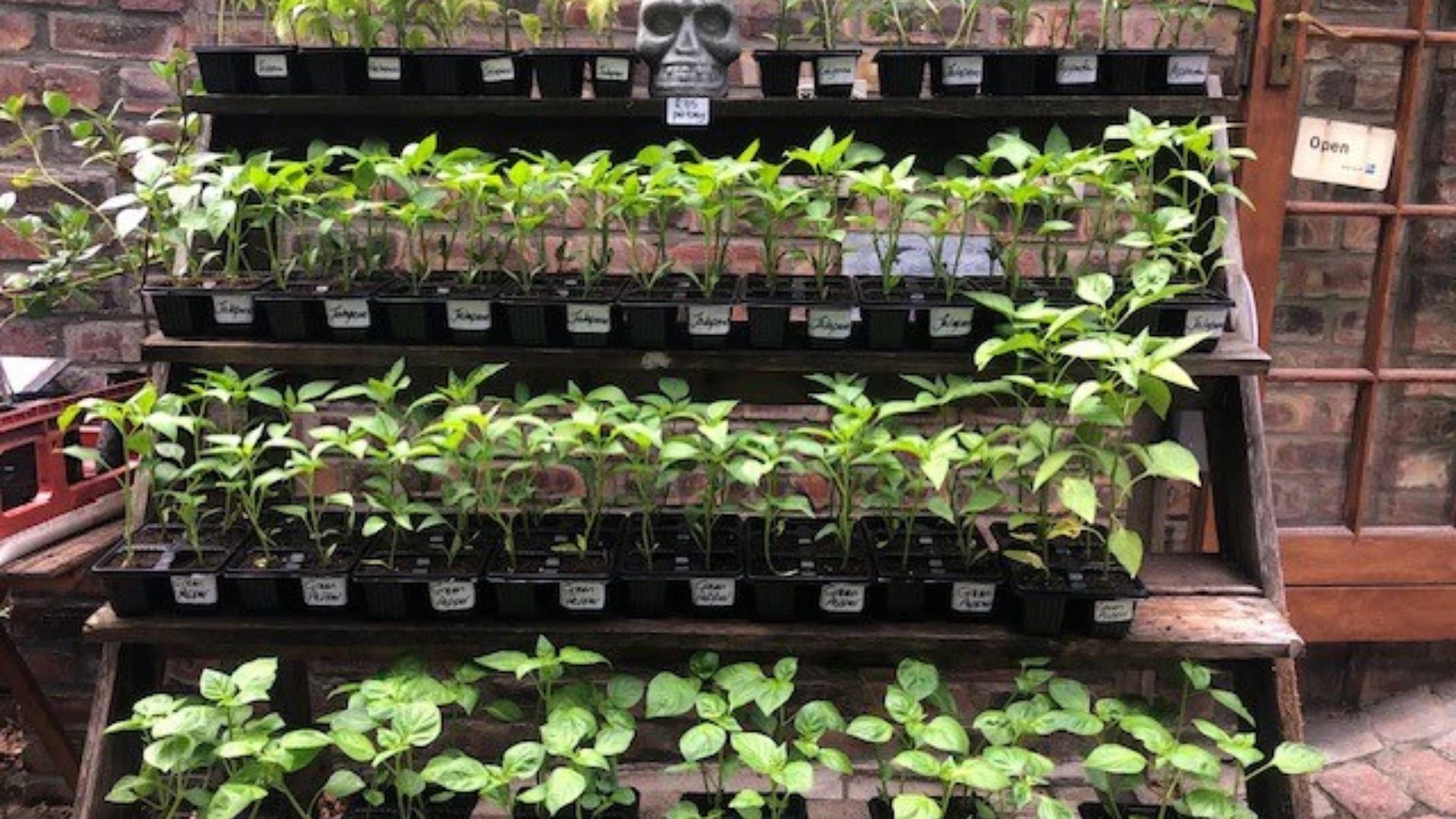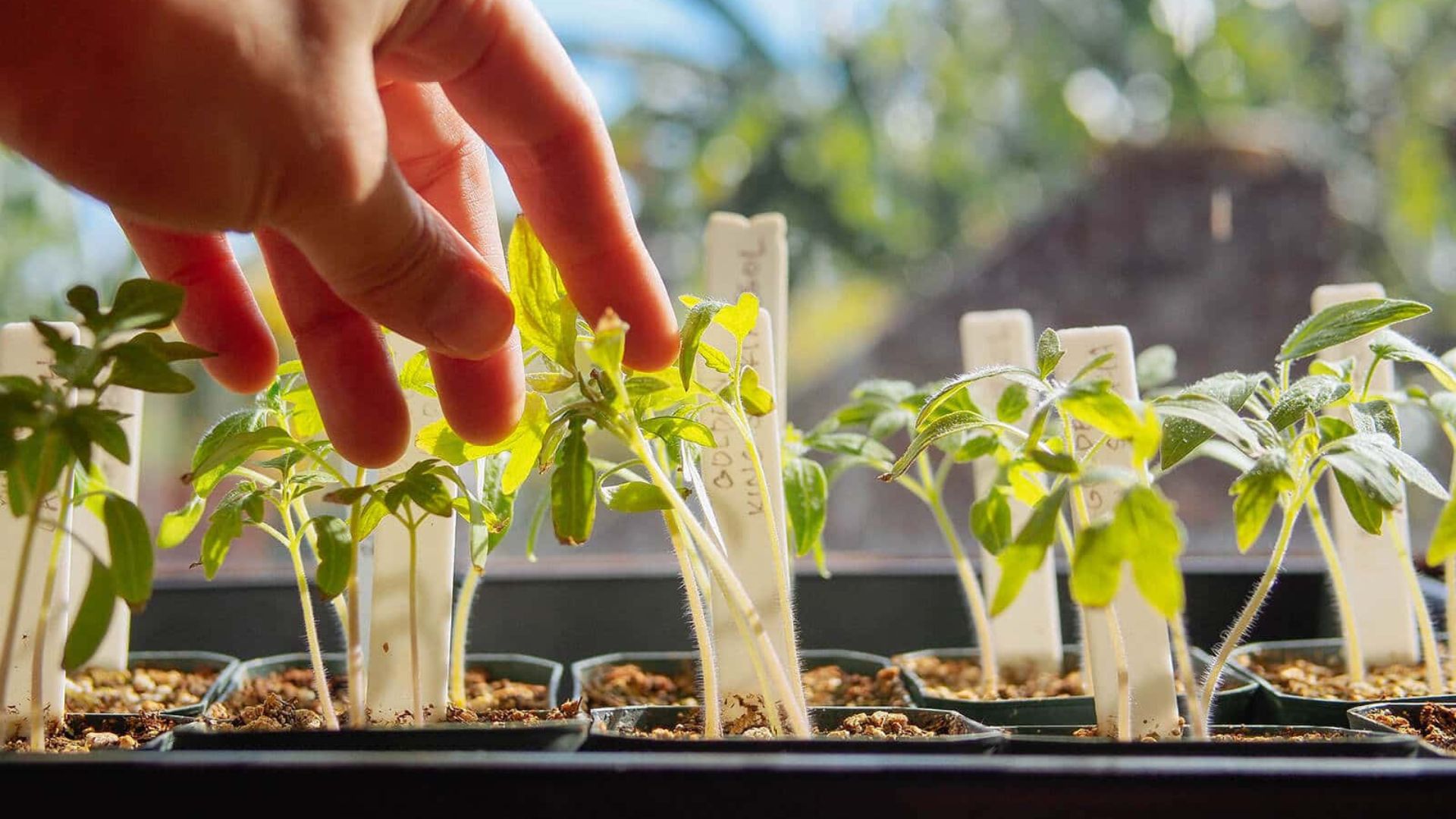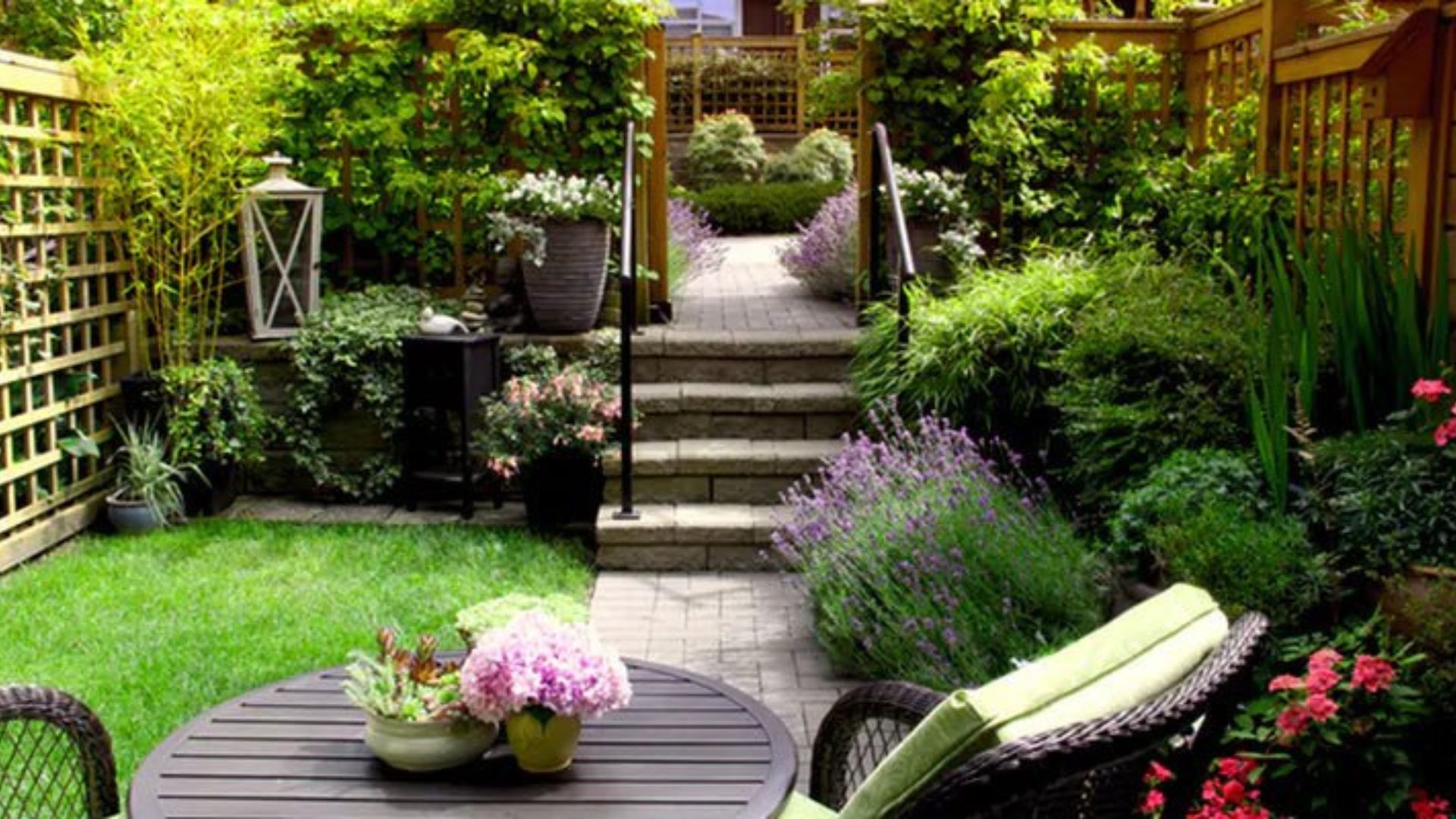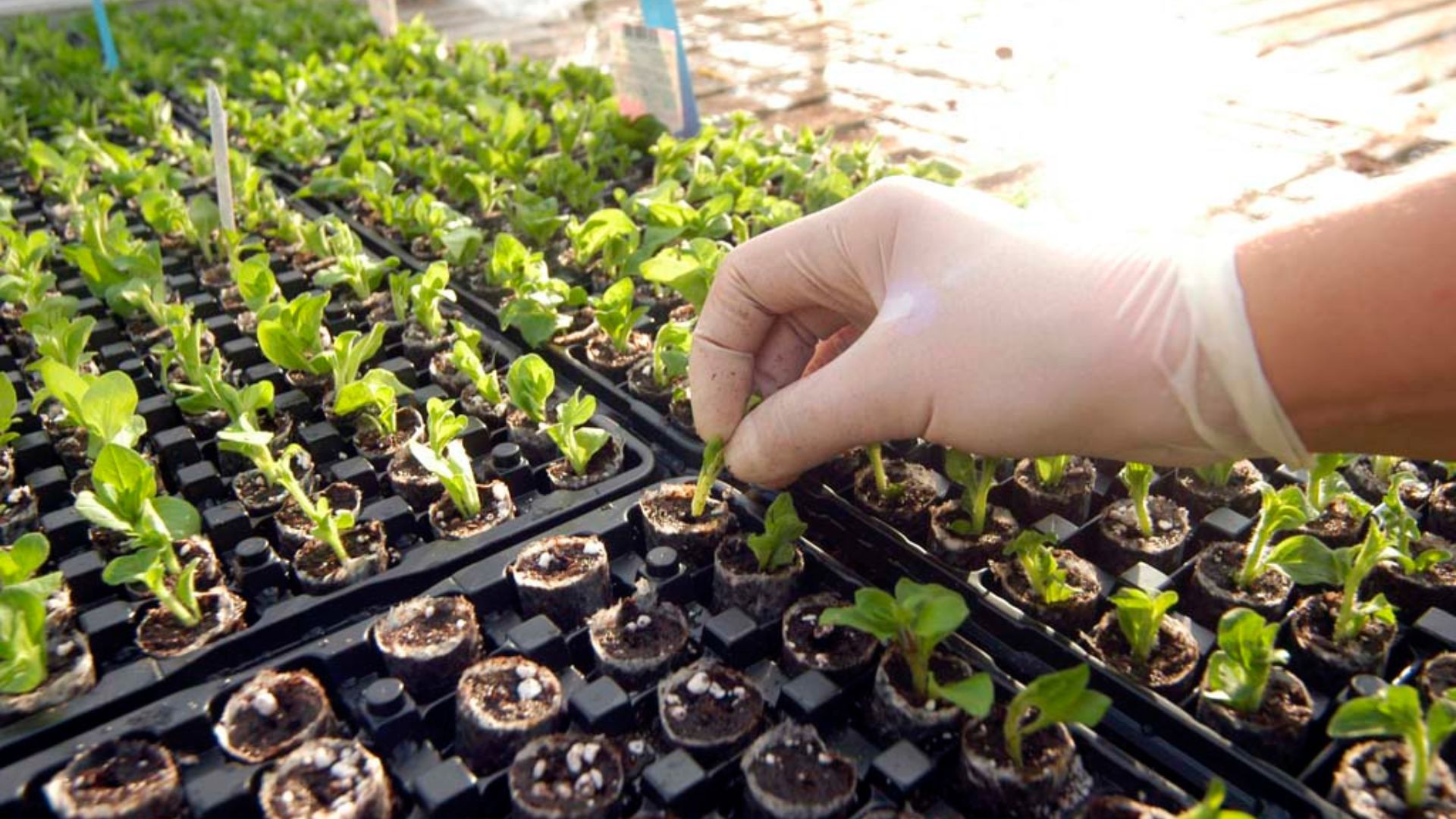Nursery soil secrets for happy plants reveal how proper soil care supports strong roots, healthy growth, and vibrant foliage. Healthy soil provides essential nutrients, retains moisture, and allows air circulation for roots. Moreover, soil impacts plant resilience, helping them withstand changes in light, temperature, and watering. By understanding soil fundamentals, gardeners can cultivate thriving plants indoors, in garden beds, or in potted setups.
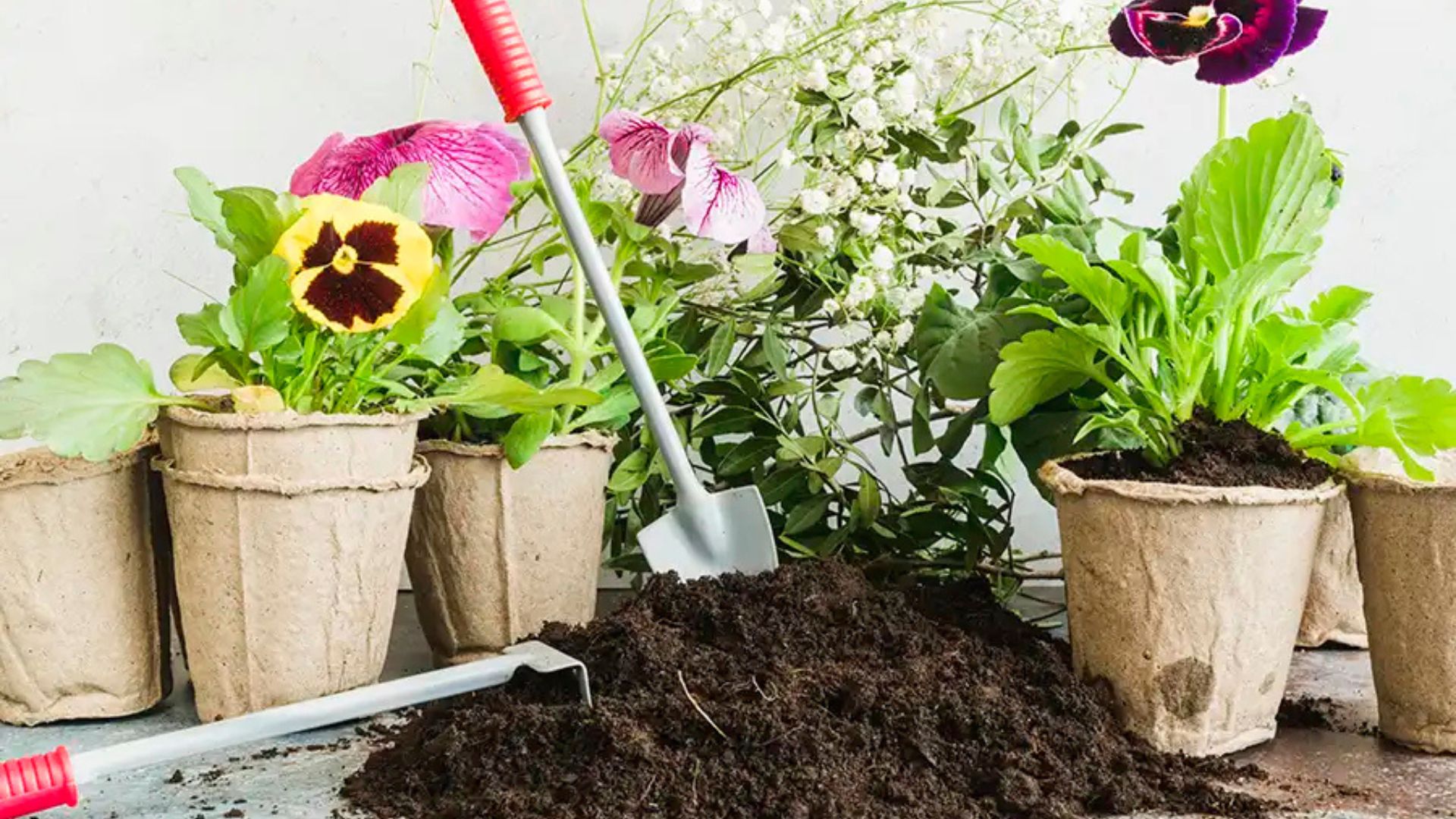
Understanding Soil Composition
Balanced soil is crucial for plant health. Nursery soil blends sand, silt, clay, and organic matter to achieve proper drainage and nutrient retention. Furthermore, adding compost or humus enriches soil structure and encourages beneficial microorganisms. Consequently, plants develop strong roots and absorb nutrients efficiently, making them more resilient. Applying these nursery soil secrets for happy plants ensures a healthy foundation for growth.
Types of Soil for Nursery Plants
-
Loamy Soil – Well-balanced texture, ideal for most plants.
-
Sandy Soil – Drains quickly; works well with added compost.
-
Clay Soil – Retains water but requires aeration to avoid compacting.
-
Peat-Based Mix – Lightweight, moisture-retentive, perfect for seedlings.
Nutrient Management
Plants require essential nutrients for development. Nitrogen boosts leaf growth, phosphorus strengthens roots, and potassium improves overall health. Micronutrients like magnesium, calcium, and iron also support metabolism and vibrant foliage. By supplementing soil with organic or slow-release fertilizers, gardeners can maximize the benefits of these nursery soil secrets for happy plants.
Drainage and Aeration
Proper drainage prevents root rot and waterlogging. Use pots with drainage holes and add sand or perlite to improve water flow. Aeration helps oxygen reach roots and promotes microbial activity. Loosening soil occasionally or using soil amendments ensures roots remain healthy. Together, these practices form core elements of nursery soil secrets for happy plants.
Moisture Management
Consistent moisture is key to plant vitality. Overwatering can suffocate roots, while underwatering stresses the plant. Check soil regularly and adjust watering according to plant needs. Mulching retains moisture and moderates temperature. By managing moisture effectively, gardeners can maintain happy, healthy plants without overcomplicating care.
Seasonal Adjustments
Soil requirements change with seasons. In warmer months, water more frequently and add mulch to prevent drying. In cooler months, reduce watering and provide slow-release nutrients to maintain growth. Seasonal adaptations ensure that nursery soil secrets for happy plants work year-round, keeping plants thriving under all conditions.
Compost and Organic Matter
Adding compost improves soil fertility and encourages healthy microbial activity. Organic matter supports nutrient absorption and prevents soil-borne diseases. Moreover, compost reduces reliance on chemical fertilizers, promoting sustainable gardening. Consistent use of compost reinforces these nursery soil secrets for happy plants naturally.
pH Level Monitoring
Soil pH affects nutrient uptake. Most indoor and nursery plants prefer slightly acidic to neutral soil (pH 6.0–7.0). Test soil regularly and adjust with lime or sulfur as needed. Proper pH ensures optimal root development and stronger, more resilient plants.
Conclusion
In conclusion, nursery soil secrets for happy plants focus on soil composition, nutrients, drainage, aeration, moisture management, seasonal adjustments, and organic matter. Healthy soil supports root development, nutrient absorption, and overall plant vitality. By applying these insights, gardeners can create thriving indoor plants, garden beds, or potted greenery. Moreover, following these tips ensures long-term growth, vibrant foliage, and sustainable plant care. Understanding the essentials of soil management transforms ordinary gardening into a reliable, rewarding practice that leads to lush, happy plants every time.






